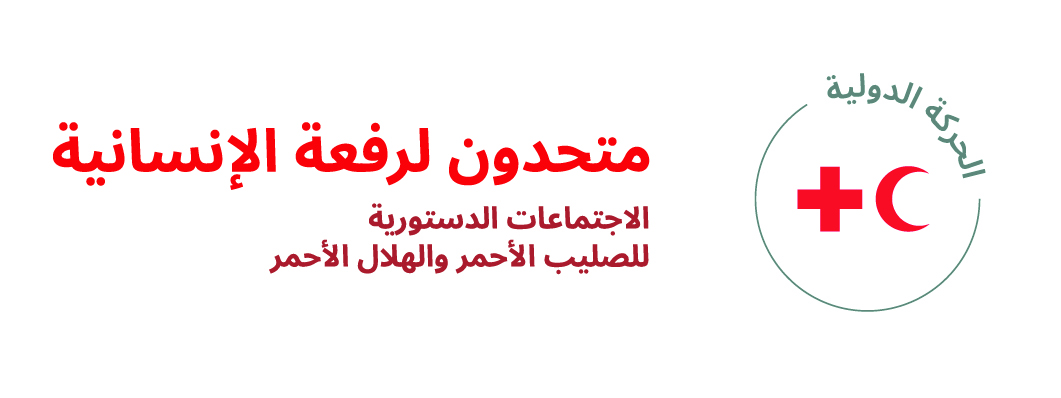أ) أهداف التعهد
Recalling persons of different ages, disabilities and backgrounds are both disproportionately affected by and affected differently by disasters and humanitarian crises. These differences need to be considered when responding in order to safeguard adequate protection for all.
Recalling that drivers of humanitarian need, including conflict, extreme weather events, natural hazards and displacement can create both permanent and impermanent disabling environments.
Recalling the following articles of the Convention on the Rights of Persons with Disabilities, which mandate that State parties to the Convention fulfil their obligations in accordance with international law, including international humanitarian and human rights law,
- Article 11 – all necessary measures to ensure the protection and safety of persons with disabilities in situations of risk, including situations of armed conflict, humanitarian emergencies and the occurrence of natural disasters; and
- Article 21 – providing information intended for the general public to persons with disabilities in accessible formats and technologies appropriate to different kinds of disabilities in a timely manner.
Recalling the Amman-Berlin Declaration on Global Disability Inclusion, an outcome of the Global Disability Summit 2025 that commits New Zealand and other supporters to strive to ensure that at least 15 percent of international development programs being implemented at the country level pursue disability inclusion as an objective (“15 percent for the 15 percent”).
New Zealand’s International Development Cooperation programme, including humanitarian assistance as stipulated in New Zealand’s Humanitarian Action Plan, is underpinned by principles of effectiveness, inclusiveness, resilience and sustainability.
The principle of inclusiveness guides New Zealand to achieve impact by addressing exclusion and inequality while promoting human rights and participation.
New Zealand is committed to humanitarian action that is inclusive for all, taking into account the diverse contexts, needs, vulnerabilities and capacities of different people and groups, including persons with disabilities.
New Zealand, including through Whaikaha our Ministry of Disabled People, supports and advocates for meaningful participation in planning, decision making and leadership by women, youth, and Indigenous Peoples including tāngata whaikaha Māori persons with disabilities, culturally and linguistically diverse communities, and other groups at risk of social exclusion, to better address the specific barriers and risks faced by different groups in crisis situations.
New Zealand supports humanitarian actors and our implementing partners to prepare for, develop and lead inclusive humanitarian assistance to affected persons and communities.
ب) خطة العمل:
We the Government of New Zealand and the New Zealand Red Cross jointly pledge to enhance disability inclusion in our humanitarian response and preparedness activities in accordance with relevant powers, mandates, and capacities by taking practical measures such as:
- Supporting organisations for persons with disabilities, international humanitarian agencies, and Pacific Island National Societies, in the pursuit of more inclusive policies and programmes (both for preparedness and response);
- Ensuring New Zealand’s humanitarian preparedness activities and responses consider the disproportionate impact a disaster can have on persons with disabilities, and that responses appropriately account for this, for example through the provision of appropriate communications and relief supplies;
- Ensuring that New Zealand’s pre-positioned international humanitarian relief supplies are inclusive, responsive to the needs of persons with disabilities, and environmentally sustainable; and
- In line with our multilateral advocacy priorities and long-standing leadership role on disability rights in multilateral fora, advocate for improved disability inclusion in humanitarian response structures.
ج) مؤشرات قياس التقدم المحرز
- Number and frequency of capacity building activities, advocacy processes and other initiatives to promote or improve disability inclusive humanitarian action and associated outcomes. This may include domestic and international workstreams, participation in multilateral fora or international bilateral initiatives.
- Budget allocated and spent in the design and implementation of disability-inclusive humanitarian action.
- Reporting from humanitarian actors and implementing partners on disability inclusive programming.
د) الآثار المترتبة على الموارد:
This pledge is to be delivered drawing on existing resources.




